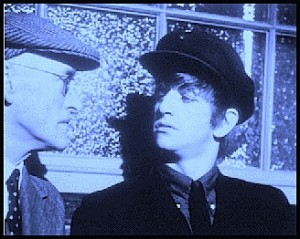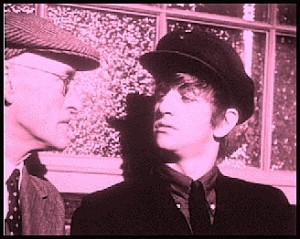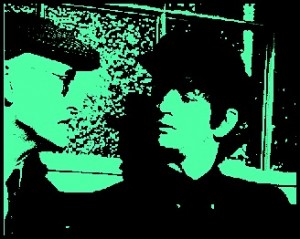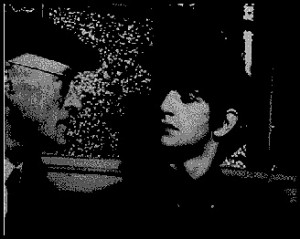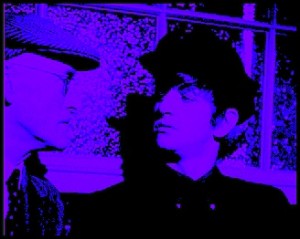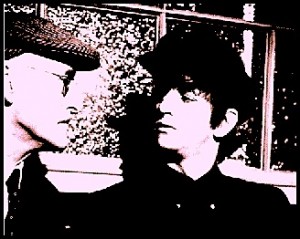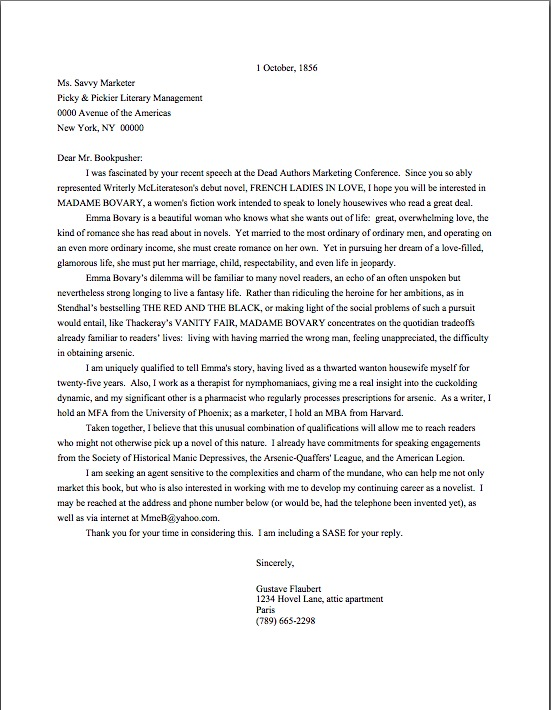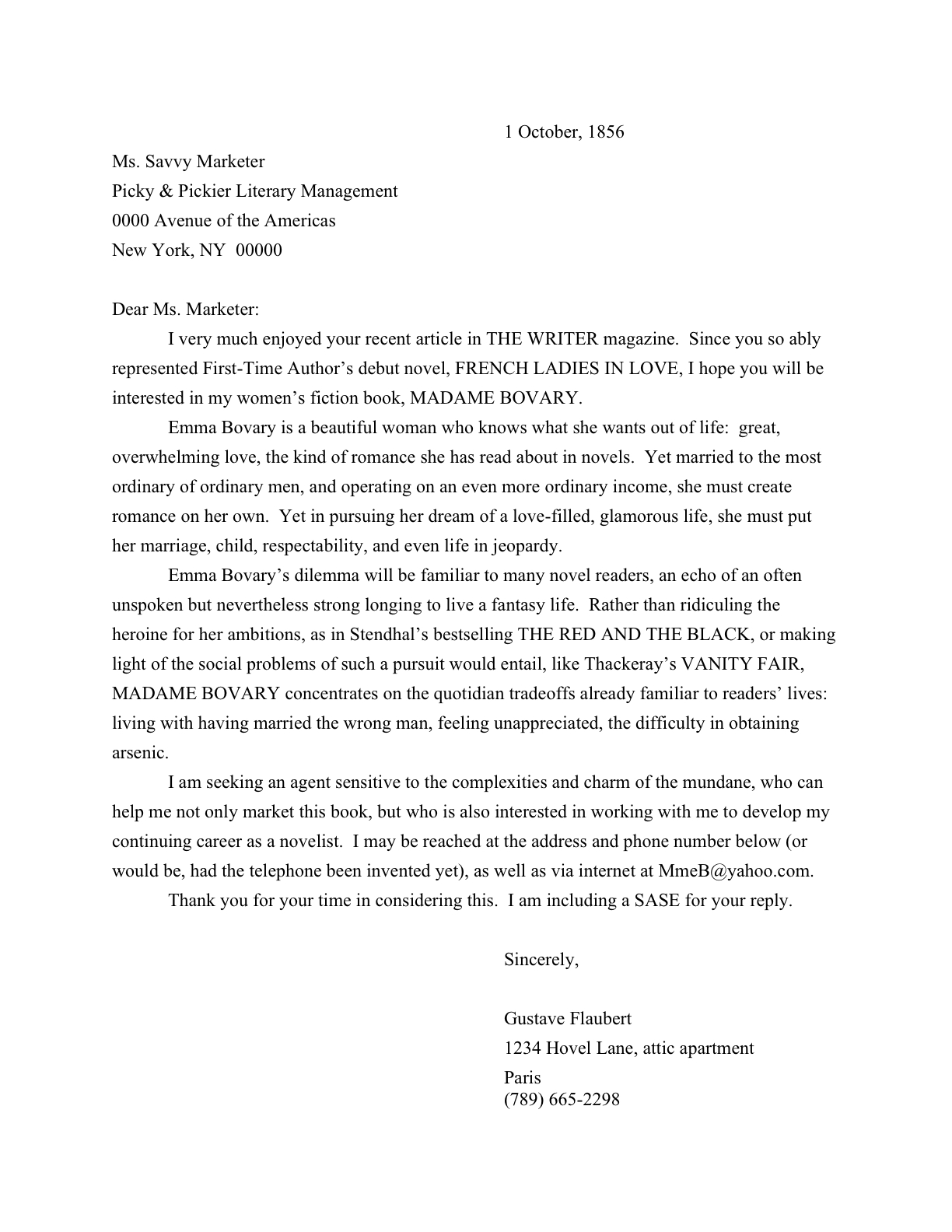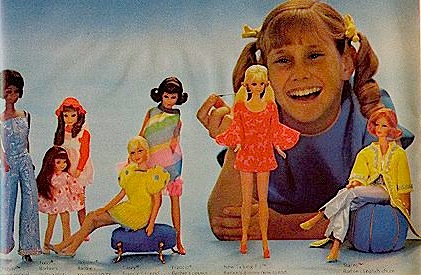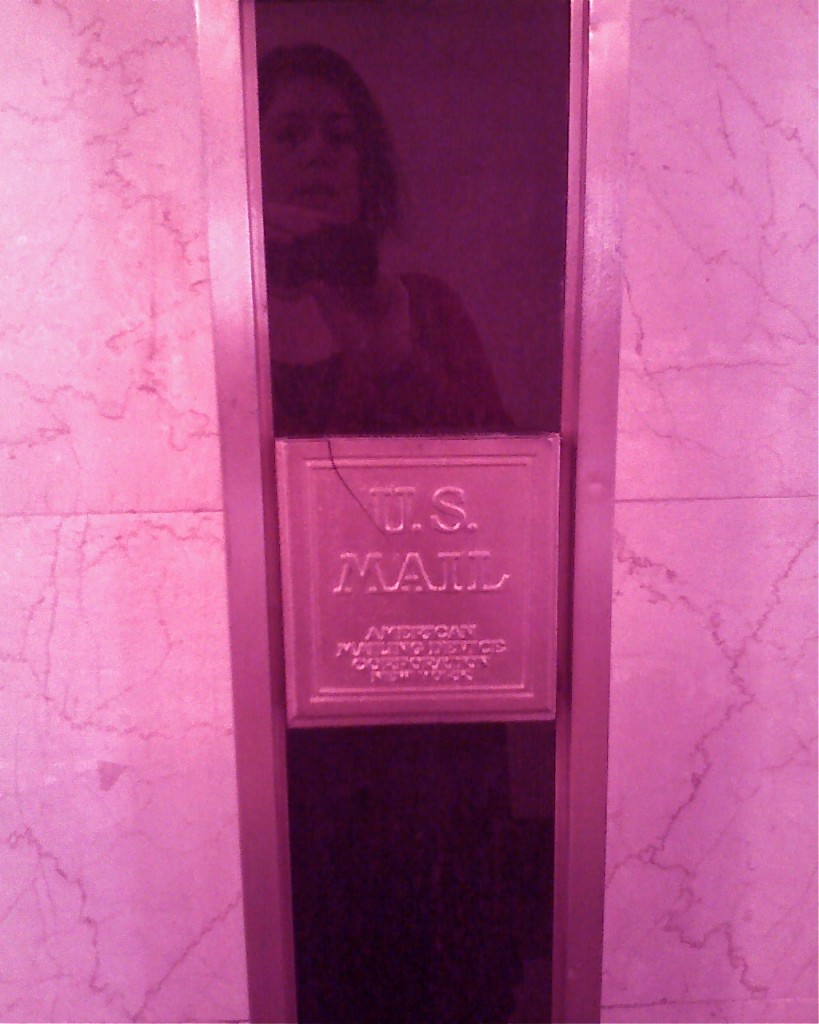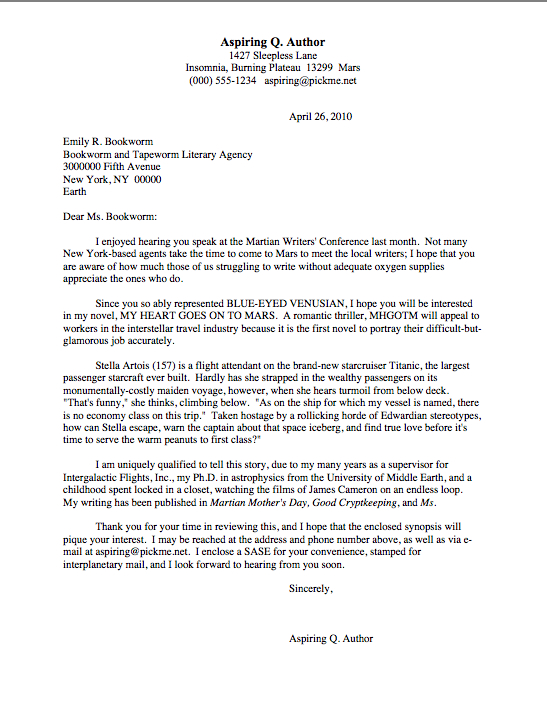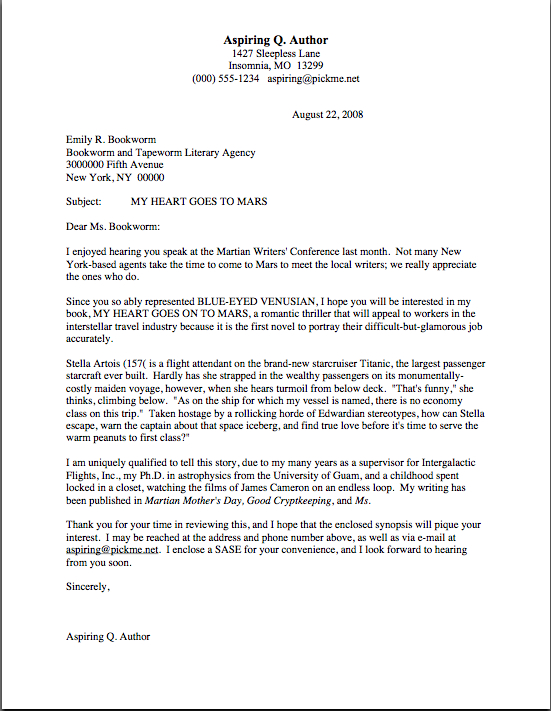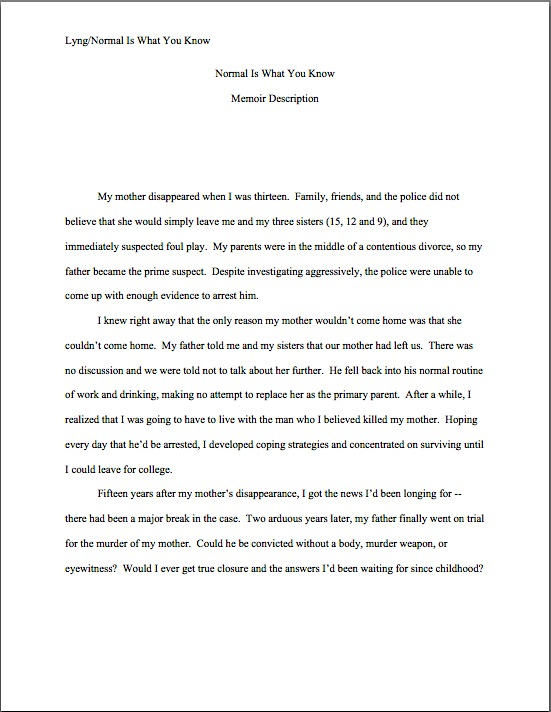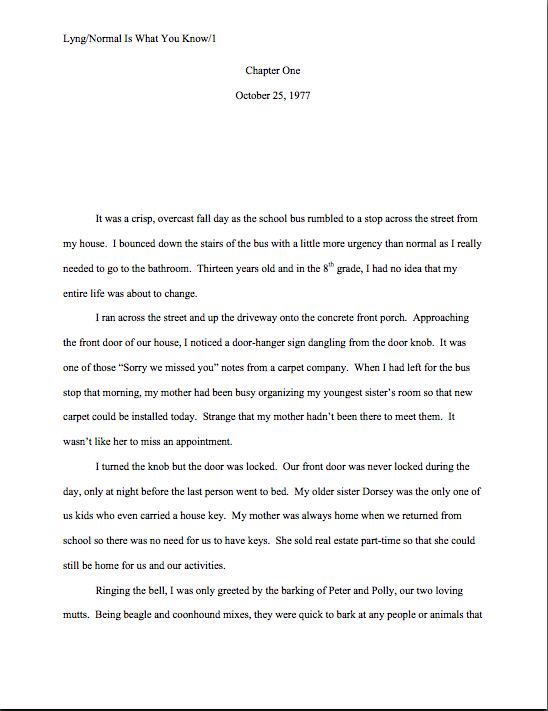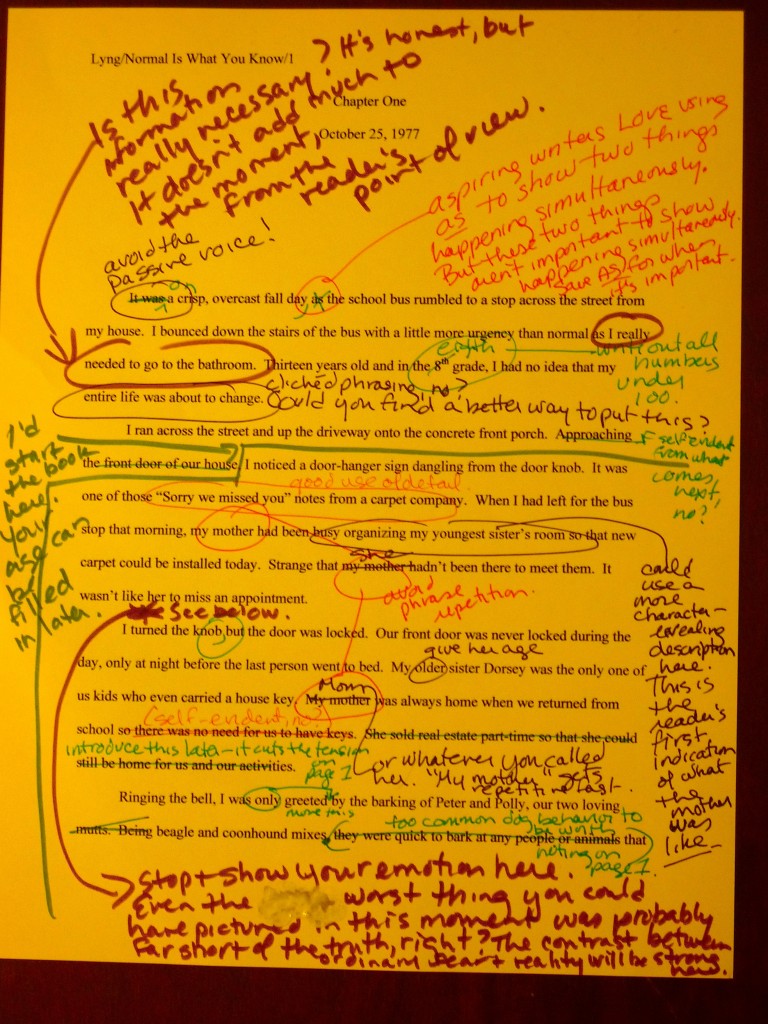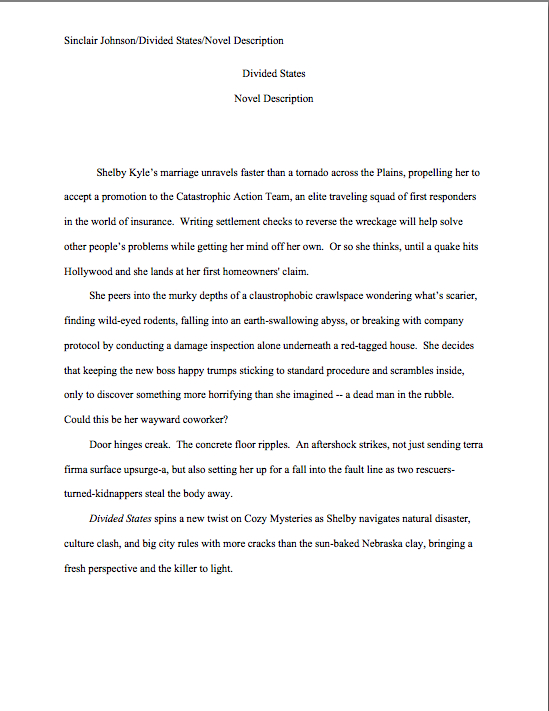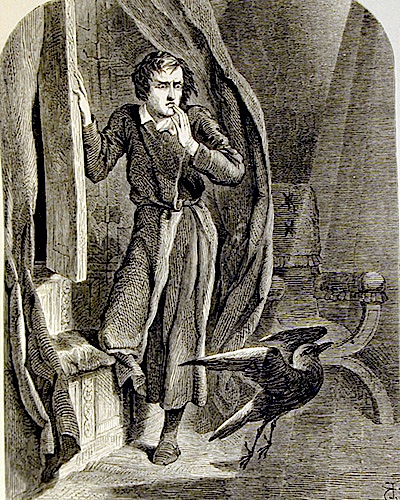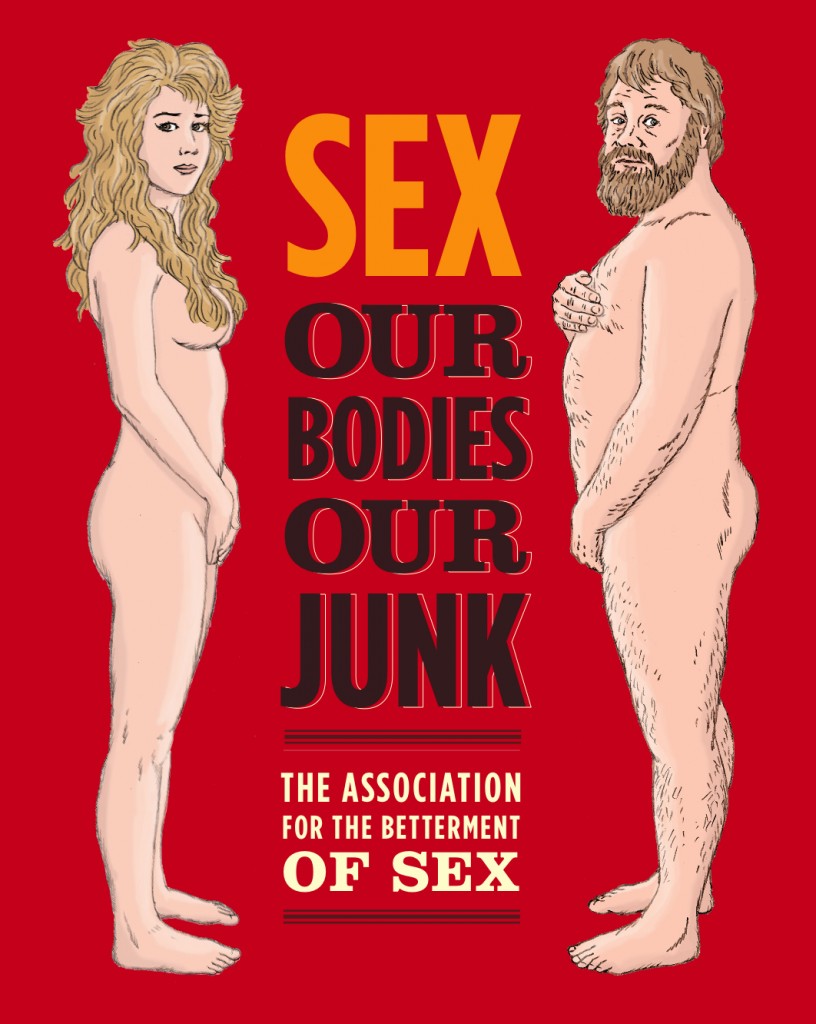I have a few more insights into query-construction, campers — hard as it is to believe that I left anything out over the last week, I’ve just realized that I had yet to address the problems inherent to writing a query for a multiple-protagonist, multi-perspective, and/or multi-voiced novel. I shall be addressing those burning issues tonight, never fear.
And yes, it was in poor taste to use the phrase burning issues immediately below a photo of a zeppelin, now that you mention it. Sorry about that, but as it happens, the matters I shall be tackling this morning are ones notorious for blowing up in aspiring writers’ faces when they least expect it.
Last time, I began talking about the infamous and ubiquitously-requested SASE, industry-speak for the Stamped, Self-Addressed Envelope (get it?) that should accompany EVERY mailed query letter and/or submission packet. (E-mailed queries and submissions cannot include them, obviously, as these forms of communication have no temporal heft to them.)
Forgetting to include a SASE is an instant-rejection offense at most agencies, and with good reason: if the agent decides to pick up the manuscript, the writer’s having included the expected SASE demonstrates a pleasing ability to follow directions, and if the agent decides to pass, s/he may return rejected pages at the writer’s expense. Yes, I know: it’s annoying to be underwriting one’s own rejection, but there actually are some benefits for the writer in this arrangement.
To name but one: finding out that your query or submission has in fact been rejected, rather than gnawing your fingernails in perpetual worry for a year or two.
Contrary to popular opinion, a SASE shouldn’t always take the form of a business-size envelope; it varies according to what was sent in the first place. For a query, it’s usually letter-sized, but should you happen to be querying an agency whose guidelines call for writers to include more than five pages of additional materials (e.g., writing sample, synopsis, author bio, book proposal, a chapter or two), you’d be sending that in a Manila envelope, right? In that case, the SASE would need to be a second Manila envelope, stuffed inside the first, carrying sufficient materials to ship all of those additional materials back to you.
Why? Because the point of the SASE is to ensure the safe return of whatever a writer sends to an agency; you should always include enough postage on your SASE that everything you submitted may be popped into it and mailed. The basic rule of thumb is to include a container and enough postage for the recipient to be able to ship any materials you may have submitted back to you.
Oh, you hadn’t been thinking of the SASE in those terms? Or was that giant whoosh I heard not a collective gasp, but a whole bunch of eyebrows out there hitting the ceiling?
Probably the latter, I’m guessing, because I’m constantly meeting aspiring writers who are unaware that a SASE should also accompany a manuscript submission. And I’m not just talking about the stamped, self-addressed #10 envelope one would send with a mailed query letter: I’m talking about a package with enough postage to get all of those requested pages back to the writer in one piece.
It can get cumbersome, once the time comes to pack it all up. Not to say expensive, especially for writer submitting to US-based agencies from outside the country, who not only have to figure out what the return postage would be in dollars instead of their local currency, but have to wrap their eager fingertips around some US stamps.
Don’t worry, foreign readers: there’s a trick to it. I’ll be getting to that.
The expectation that an aspiring writer will ALWAYS include a SASE with any kind of paper query or submission is universal, at least among U.S. agencies and publishers, so much so that I’ve noticed that many agencies don’t even explain what it means on their websites or listings in the standard guides anymore. It’s become one of those secret handshake things — you know, a practices that the industry just assumes that any writer who is serious about getting published will magically know all about without being told.
Call me zany, but as those of you have been reading this blog for a while are already aware, I’m not a big fan of unspoken assumptions; they place the writer new to the game at a serious strategic disadvantage. So I hope those of you who have been at this for some time will forgive my taking a second post to explain to those new to querying what a SASE is and why, to put it bluntly, the writer is expected to pay the postage for a rejection letter or returned manuscript.
SASE logic seems to be counterintuitive for many aspiring writers. I’m constantly barraged with questions from readers about why, in the age of fairly universal paper recycling and cheap, high-quality printers, a writer shouldn’t just ask an agent to recycle a rejected manuscript. Quoth, for instance, clever reader Melospiza:
Why on earth would you want your manuscript back (after it has been rejected)? It won’t be pristine enough to send out again. Why spend the money? And any parcel over one pound can’t be dropped in a mailbox, but must be taken to the post office, not something an agent will appreciate. Let the agent recycle the paper and enclose a (business-size) SASE only.
Oh, would only that were possible, Melospiza, but there’s a rather basic, practical reason to include the SASE for safe return of the manuscript: as with a SASEless query, NOT including a SASE in a submission is usually an automatic-rejection trigger.
Yes, you read that correctly: leaving a SASE out of the submission packet can, and often does, result in a submission’s being rejected unread; ask about it sometime at a writers’ conference. The vast majority of agents will be perfectly up front about the fact that they train their screeners accordingly.
The owners of all of those eyebrows are clutching their heads now, aren’t they, thinking of all of those SASEless submissions — or, more likely, submissions accompanied by only a #10 SASE, rather than one with sufficient postage for the manuscript’s return — they sent out in the dark days of yore. “Okay, I can understand why Millicent would reject SASE-free queries without reading them,” these head-clutchers cry, “but why, in heaven’s name, would an agent who asked to see pages reject them unread?”
Good question, oh retrospective panickers. The short answer: because it’s obvious to Millicent that a writer who submits without a manuscript-size SASE doesn’t know the secret handshake.
The longer answer is hardly more comforting. In the publishing industry, it’s considered downright rude for a writer not to include a SASE both large enough and loaded down with enough pre-paid postage to send EVERYTHING enclosed back to the sender. Which means, in practical terms, that if the agency is going to keep its side of the tacit agreement allowing it to read a writer’s unpublished work, IT is going to have to shell out the dosh to mail the rejected manuscript back.
Ditto with a query letter that arrives unaccompanied by a SASE. The result in both cases is generally a form-letter rejection — or no response at all. (Yes, even for a submission. Pages often go bye-bye.)
I implore you, no matter how little you want to see that manuscript again, do not omit the SASE for the return of the manuscript — UNLESS the agency’s website or listing in one of the standard agency guides says specifically that they will recycle rejected manuscripts. (Practically none of them do, but check anyway.)
Okay, before the disgruntled muttering out there becomes too deafening, let’s voice it: “You must be pulling our collective leg, Anne,†I hear some of you saying. “Okay, maybe SASEless queries do tend to get rejected unread, but I can’t believe that it happens to submitted manuscripts or book proposals. By the time an agent is sufficiently interested in you to want to see actual chapters of your book, your foot is too firmly in the door for your submission to be tossed aside unread for a reason as unrelated to the quality of the writing as not including a SASE. I mean, really, what purpose would being that touchy serve?â€
A fairly tangible one, actually: it would be one less manuscript for Millicent to read. Remember, it’s her job to reject 98% of what crosses her desk; even a very successful agent at a giant agency seldom picks up more then 5 or 6 new clients per year, even including ones poached from other agencies. (Which happens all the time, by the way. It would astonish most aspiring writers to know just how many of us agented writers are unhappy with our current representation. As I say early and often, you don’t want just any agent to represent you — you want a well-connected, engaged agent who loves your writing and will defend it to the death.)
Thus every submission that disqualifies itself on technical grounds is another step toward that ongoing goal of thinning the pack of contenders. Do you really want to volunteer your precious manuscript for that particular kamikaze mission?
Admittedly, from the submitter’s point of view, a good argument could be made that this practice inevitably leads to, as Melospiza rightly points out, a big ol’ waste of money, not to mention trees, without really providing much benefit to the people who actually pay for the return postage. After all, from the writer’s perspective, a SASE included with a submission is only going to be used if the news is bad. If the agency likes the MS, they’re going to ask to see the rest of the manuscript — which means your initial submission will get filed, you will send another packet (with another SASE), and your first SASE may well end up in the trash.
Or, if you’re really lucky, you’ll never see it again, because it will end up in a file drawer in your new agent’s office. Fingers crossed!
If they don’t like it, all you are doing by providing the postage is paying to get the news that they’re turning you down in a way that will make your postal carrier’s back ache, rather than via a nice, light #10 envelope. So why not just send the manuscript along with a business-size SASE, and be done with it?
Because that’s not how the industry works, that’s why. (See commentary above re: secret handshakes.)
If you’re willing to risk it, you could always include a line in the cover letter, POLITELY asking the agency to recycle the manuscript if they decide not to offer representation and mentioning the business-sized SASE enclosed for their reply. Do be aware, however, that this strategy sometimes backfires with screeners trained to check first for a manuscript-sized SASE: it’s not unheard-of for the Millicents of the world to toss aside such a manuscript to be tossed aside without reading the cover letter.
As I believe I may have mentioned before, I don’t make the rules of submission; I only try to render them comprehensible. Let’s all pray that when Millicent does engage in the summary rejection of the SASEless, she flings that precious ream of paper into a recycling bin.
Originally, the whole paper-wasting arrangement was set up this way in order to PROTECT writers. The sad thing is, though, the logic behind this one is so pre-computer — heck, it’s pre-recycling, if you don’t count Abe Lincoln scrawling the Gettysburg Address on the back of a used envelope — that it’s likely to be counterintuitive to anyone querying or submitting for the first time today.
Return with me now to those thrilling days of yesteryear, when books were widely read, writers didn’t need agents because publishing houses still read through their slush piles, and the photocopier had not yet been invented. Prior to personal computers (and nice laser printers in workplaces that might be accessible after the boss goes home for the day), you could not print out spare copies of your precious manuscript to submit to every Tom, Dick, and Random House in the biz, obviously. Nor could you attach a Word document to an e-mail and send it off via Pony Express.
Equally obviously, no sane human being would send out his only copy. So how did writers reproduce their work to submit to several publishing houses simultaneously?
They retyped it, that’s how. Every single page, every single syllable, every single time.
Think those hardy souls wanted to get their rejected manuscripts back? Darned tootin’. It might save them weeks of retyping time.
My long-term readers will have heard my favorite concrete example of how these returned manuscripts helped writers before, but it’s a terrific illustration of just how much the SASE used to assist the average aspiring writer. Back in the far-away 1950s, my mother, Kleo, was married to Philip, a struggling science fiction writer. While she toiled away at work and went to school, Philip spent his days composing short stories.
Dozens of them. Type, type, type, week in, week out. She would come home and edit them; he would type a revised version. One or the other of them would get a good idea, and they would collaborate in writing the result: one dictating, one typing. She would take them to writing classes and the magazine editors who were already publishing her brother’s SF short stories, returning with still more feedback. Off he went to type another draft.
From scratch. Every single time either of them wanted to change a word. Hard for those of us who write on computers even to imagine, isn’t it?
As writers did in those dark days prior to e-mail, Philip and Kleo stuffed each of those short stories into a gray Manila envelope with a second envelope folded up inside as a SASE and sent them off to any magazine that had evinced even the remotest interest in SF or fantasy. (Except for the ones that Kleo hand-sold by taking to a magazine editor, which is actually how Philip got his first story published. She was, in effect, his original agent. But I digress.)
Each time a short story was rejected — as, in the beginning, all of Philip’s and Kleo’s were — and landed once again in their mailbox with the accuracy of a well-flung boomerang, they acted as professional writers should act: they submitted the rejected story to another magazine immediately. To minimize retyping, they would iron any pages that had gotten bent in the mail, slip the manuscript into a fresh envelope (yes, with a fresh SASE), and pop it in the mail.
Since there were not very many magazines that accepted SF or fantasy back then, they had to keep impeccable records, to avoid sending a rejected story back to a magazine that had already refused it. But Philip kept typing away, and kept as many stories in circulation at once as possible.
How many? Well, no one knows for sure anymore — since occasionally the only copy of a story got sent by mistake, some inevitably got lost.
(Which reminds me to nag those of you sending out manuscripts in the computer age: when was the last time you made a back-up of your manuscript? If, heaven forfend, a gigantic anvil fell from one of those anvil-toting zeppelins we’re always seeing overhead these days onto your main writing space, would it crush both your computer and your back-ups? I don’t want to see you crawling about in the ashes, frantically trying to find the remnants of your hard disk.)
One day, the young couple opened their front door to find 17 rejected manuscripts spread all over their miniscule front porch. Their tiny mailbox apparently hadn’t been able to hold that many emphatic expressions of “No!â€
So what did the aspiring writers of yesteryear do when faced with 17 rejections on the same day? Did they toss all of that paper into the recycling bins that had not yet been invented? Did they rend their garments and give up writing forever? Did they poison their mail carrier for bringing so much bad news all at once?
No, they did what professional writers did back then: Philip had his wife iron the pages so they could be sent out again and resubmitted.
Lest you find the story depressing, the science fiction writer was Philip K. Dick, and I have it on good authority that one of those stories was THE MINORITY REPORT. Which a director who shall remain nameless (because he changed the ending in a way that would have caused any author’s resentful spectre to dive-bomb LA, howling) made into a rather lucrative movie, decades later.
Which only goes to show you: contrary to the common writerly fantasy/daydream/self-flagellation-after-rejection theme, even the best writers generally have to brazen through quite a bit of rejection before hitting the big time. As my mother likes to say, the only manuscript that stands NO chance of getting published is the one that sits in the bottom drawer, unseen by human eyes.
Admittedly, it was not the most comforting lullaby to have sung above one’s cradle, but she knew whereat she spoke — and it’s as true today as it was five decades ago, when there were no photocopying machines, no computers, and no guarantee that the copy you sent would ever be retrievable if it went astray in some publisher’s office.
For our purposes today, the important thing to take away from this story is not the warm glow from the implied pep talk (although that’s nice, too), but the understanding that agencies don’t ask for SASEs in order to inconvenience, annoy, or impoverish aspiring writers. They do it today for precisely the same reason that they did it in the 1950s: to get your work back to you as expeditiously as possible, so you may try its fortunes elsewhere.
Also, as I mentioned last time, the practice was intended to protect the writer’s copyright. Just as an e-mailed attachment could conceivably end up, through the magic of multiple forwarding, anywhere on the planet, a loose manuscript that isn’t either in an agent or editor’s office, safely tucked away in that proverbial bottom desk drawer, or being conveyed through sleet, snow, and/or dark of night between one and the other could in fact be stolen.
I know; creepy even to consider. But think about it: is it more or less likely than something falling on your house from a zeppelin?
I’ll answer that one for you: it does happen from time to time, so a savvy writer keeps very, very good track of who precisely has his manuscript when. (If this prospect tends to keep you up at night, please see the SHOULD I WORRY ABOUT MY WORK BEING STOLEN? category on the list at right for tips on how to protect your work.)
Three other things of which a savvy writer keeps very good track: which agents she has already queried (and with what unsolicited-but-permitted extra materials), which already-queried agents have requested materials (and what they requested; every agency asks for the submission packet to contain different components), and which agents are still waiting for her to send them those materials. If an aspiring writer is querying and/or submitting to multiple agents at once — and she should, unless the agent of her dreams has a no simultaneous submissions policy — she had better maintain excellent records; otherwise, it’s just too easy to mix things up.
Or not to know where to send Query #18 when the first 17 SASEs turn up in her mailbox. Or her inbox.
Speaking of minding the details, a savvy writer also takes care when applies postage to her SASE. Let’s take a gander at what postage-related fears were keeping intrepid reader Rachel up at night:
I have a question about the SASE that you put in with your materials. I understand it was always better to use stamps so that the agent can just toss it in the outgoing mail bin at the agency. But I was talking to the postal clerks yesterday and they said that post-911 rules are now in effect: any stamped package over 13 ounces has to be brought to the post. I asked to get metered mail instead, and they said it wouldn’t work because it would have that date (yesterday) on it. A dilemma!
I explained my situation to them and the clerks suggested just using a priority stamp (and the same shipping box), because if a SASE were expected, then stamps are really the only way to go. Is that how they’re doing it now?
Good question, Rachel. Before I answer it, let’s clarify the situation by reiterate the difference between a query packet’s SASE (i.e, a missive containing the query letter + any unsolicited materials an agency’s website said were permissible to send with it) and one tucked into a submission (requested materials).
When sending a query, including a SASE is pretty straightforward: the writer takes a second envelope, writes his own address on it, adds appropriate postage, folds it, and stuffs it — neatly, please, as becomes a Sanitary Author — into the query envelope. (Oh, like you’ve been able to get the SA out of your mind.)
When sending a submission packet, the process is similar, but the packaging is different. If the agent only asks to see 50 pages or a chapter or two, few enough that they could be comfortably placed in a Manila envelope without wrinkling them (the Sanitary Author deplores crumpled pages; so do many agents), all you need to do is take a second Manila envelope, self-address it, affix the same amount of postage you’re going to use to send the whole packet to the agency, fold it, and place it neatly within the submission envelope.
(Don’t worry; I shall be devoting part of this coming weekend about how to handle a request for a partial. I wouldn’t leave you hanging.)
SASE-wrangling becomes a bit trickier if you’ve been asked to send the entire manuscript, because that generally entails using a box. (For a detailed explanation of what types of box should and shouldn’t be used, complete with glamorous photographs of cardboard in its various manifestations, again, tune in this weekend.)
Obviously, it’s going to be unwieldy to stuff a second box inside the first, so it’s completely acceptable just to include a self-addressed mailing label and postage. (Be sure to mention both in your cover letter, so they won’t get lost on the agency end; I’ll be talking about how to pull off including such necessary-but-prosaic details gracefully, you guessed it, this weekend.)
Equally obviously (but I’m going to mention it anyway, just in case), the stamps on the SASE need to be US stamps, if the agency is US-based. That requirement means that SASEing is invariably a great deal more challenging — and expensive — for writers in foreign climes querying or submitting to US agencies; the far-flung are not exempt from the SASE expectation, I’m afraid, which can make e-mailed querying a more attractive option.
Good news for the far-flung: the US Postal Service’s website sells stamps at face value, rather than at the exorbitant mark-up one frequently finds for them abroad. The USPS more than happy to ship ‘em to your doorstep in exotic climes so you may stick ‘em onto your SASE before popping your submission into the mail.
But let’s get back to the crux of Rachel’s question: has the post-9/11 alteration in post office policy altered what agencies expect to see on a SASE?
The last few years have indeed seen some changes in how agencies handle packages, but actually, most of them date from before 9/11, back to the anthrax scare. Before that, virtually no agency accepted electronic submissions, for instance; they may not pay their Millicents much, but the average agency certainly doesn’t want its screeners to get sick from opening a poisoned query envelope.
E-mailed queries and submissions don’t carry the risk of that sort of infection (and I think we can all guess how the Sanitary Author would feel about that). They do, however, occasionally contain computer viruses, so few agents will open an attachment unless they have already specifically requested an electronic submission from a writer.
That’s why, in case you’d been wondering, most agencies have policies forbidding e-queriers from sending unsolicited materials as attachments. Too much risk of computer contamination. Instead, they will usually ask queriers to copy any permissible additional materials and paste them into the body of an e-mail.
Rachel’s clerk was quite right about heavier packages having to be physically carried into the post office by human being, rather than blithely dropped into a mailbox or dumped in a mailroom — a policy shift that would affect virtually any submitted full manuscript, since they tend to be heavy little critters. However, that most emphatically does not mean is that the agent is going to be taking a rejected manuscript to the post office herself, or even that the Millicent who screened it will. Some luckless agency intern will be toting a whole mess of them there every few days.
Or not; since the USPS changed its regulations in this respect, many agencies have side-stepped the return mail problem by ceasing to return submitted manuscripts to their writers at all. Check policies before you submit. (Interestingly, agencies that operate this way virtually always still expect submitters to include SASEs with their submissions.)
The moral: unless you are querying or submitting electronically OR an agency specifically says it doesn’t use SASEs, you should always include one.
And always use actually stamps on it, rather than metered postage. It’s called a STAMPED, self-addressed envelope for a reason, you know.
Despite the changes I mentioned above, the imperative to use stamps on a SASE has never wavered: the goal here is not convenience in mailing, but the submitter’s paying for his own manuscript’s return. Regardless of whether that means tossing it into the nearest mailbox (which would still be possible for most partial manuscripts) or assigning Millicent to do it, stamps have always served the purpose best.
That being said, I must confess that I don’t quite understand the clerk’s recommendation to Rachel to affix Priority Mail postage to the SASE, unless he was either lobbying her to use a flat-rate Priority Mail envelope as a SASE (not a bad idea, especially if the submission is just a few chapters; they fold nicely into a submission envelope) or simply trying to hawk a more expensive stamp. The distinction between Priority Mail and regular mail is the speed with which it arrives; the ease of mailing is identical.
Which means that buying a more expensive stamp or a cheaper one to affix to the SASE is entirely up to the writer. Like overnighting requested materials vs. sending them regular mail, whether a submitter elects to pay a shipper extra money to convey a manuscript from point A to point B is generally a matter of complete indifference to the agent receiving it, as long as it gets there in one piece.
(“And looking pretty,” adds the Sanitary Author. “None of those pesky wrinkles. And print your manuscript on nice, bright-white, 20-pound paper while you’re at it, please. It’s aesthetically more pleasing than the cheap stuff.”)
To be blunt about it, the agent has absolutely no reason to care how quickly a rejected manuscript reaches its submitter. All she’s going to care about is whether you’ve included the means to mail it back to you at your expense, not hers.
And that, my friends, is the information that most agencies’ listings in the standard agency guides and websites compress into the terse advice Include SASE. Apparently, somewhere on earth, there lurks a tribe of natural-born queriers who realize from infancy precisely what that means, so it requires no further explanation.
I’ll bet our old pal, the Sanitary Author, is one of that happy breed. For the rest of us, learning how agencies work requires a bit of homework — and the asking of good questions.
Tune in at 7 p.m. PST tonight for a few more thoughts on query construction. In the meantime, keep up the good work!

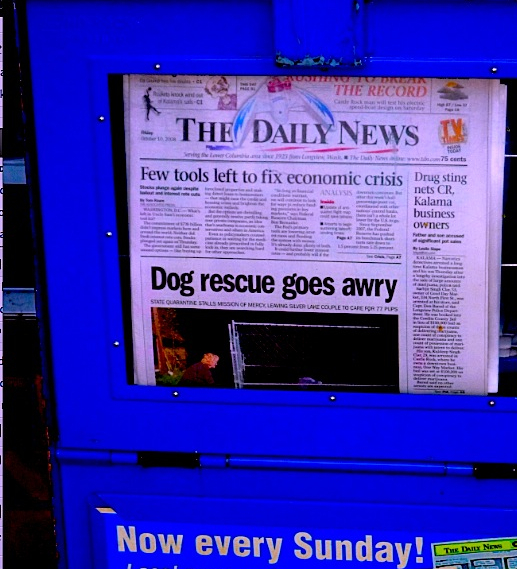
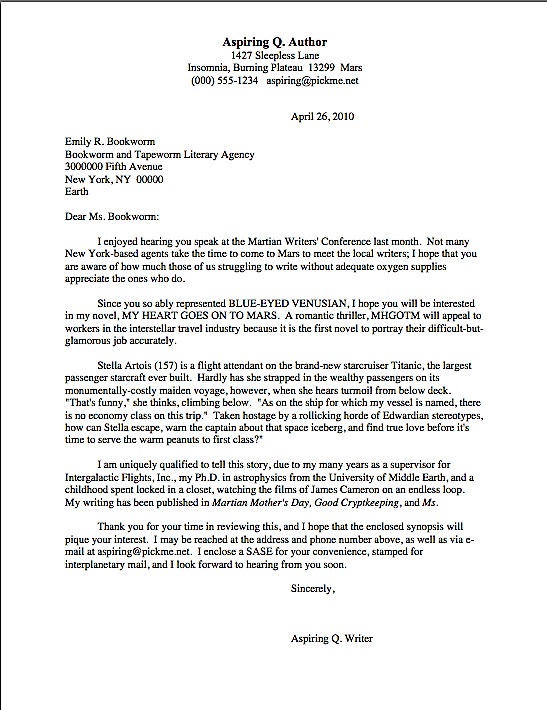
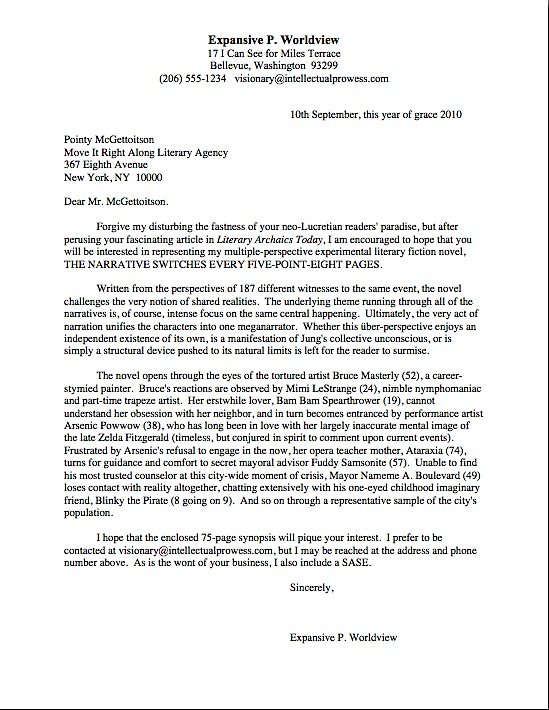

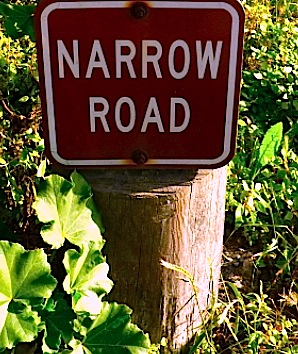

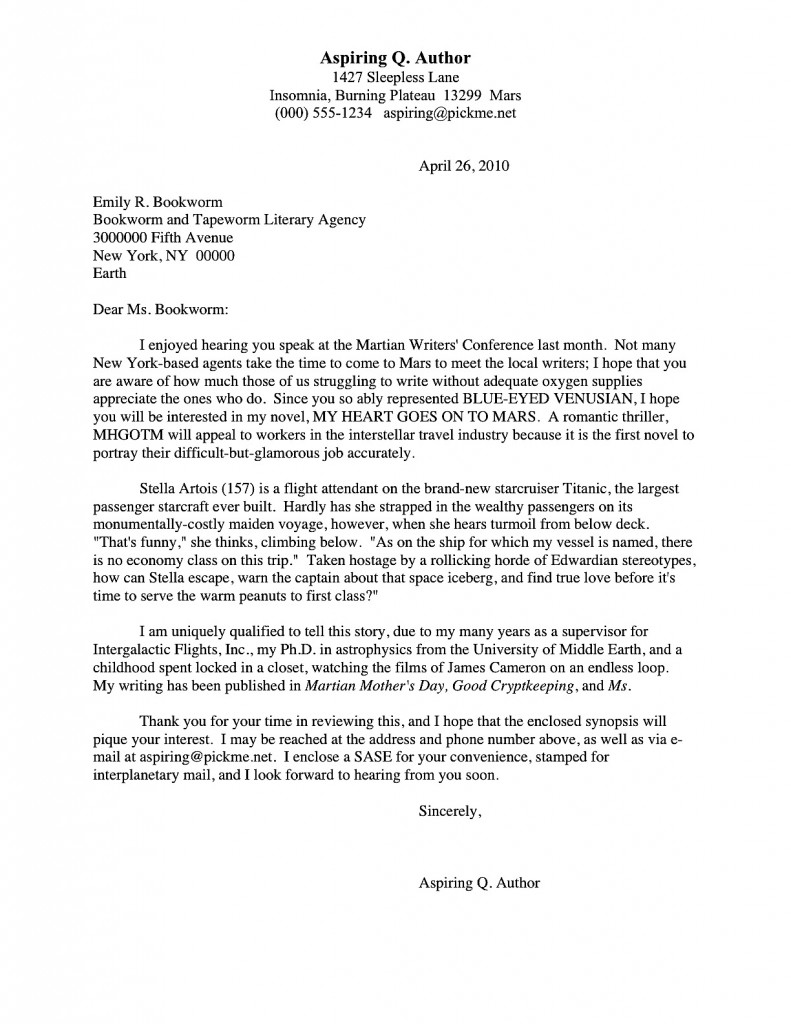
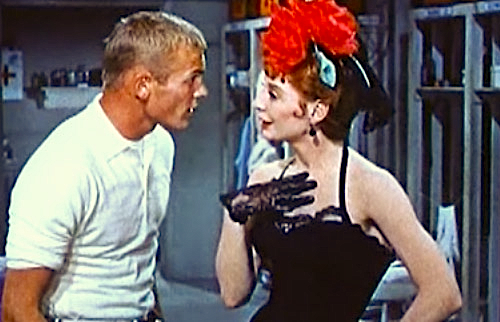

 Realistically, every English sentence a writer looking to sell a book places under an agent or editor’s nose is a writing sample: the query, the synopsis, the bio, the book proposal. Every paragraph is yet another opportunity to show these people that you can write.
Realistically, every English sentence a writer looking to sell a book places under an agent or editor’s nose is a writing sample: the query, the synopsis, the bio, the book proposal. Every paragraph is yet another opportunity to show these people that you can write.
